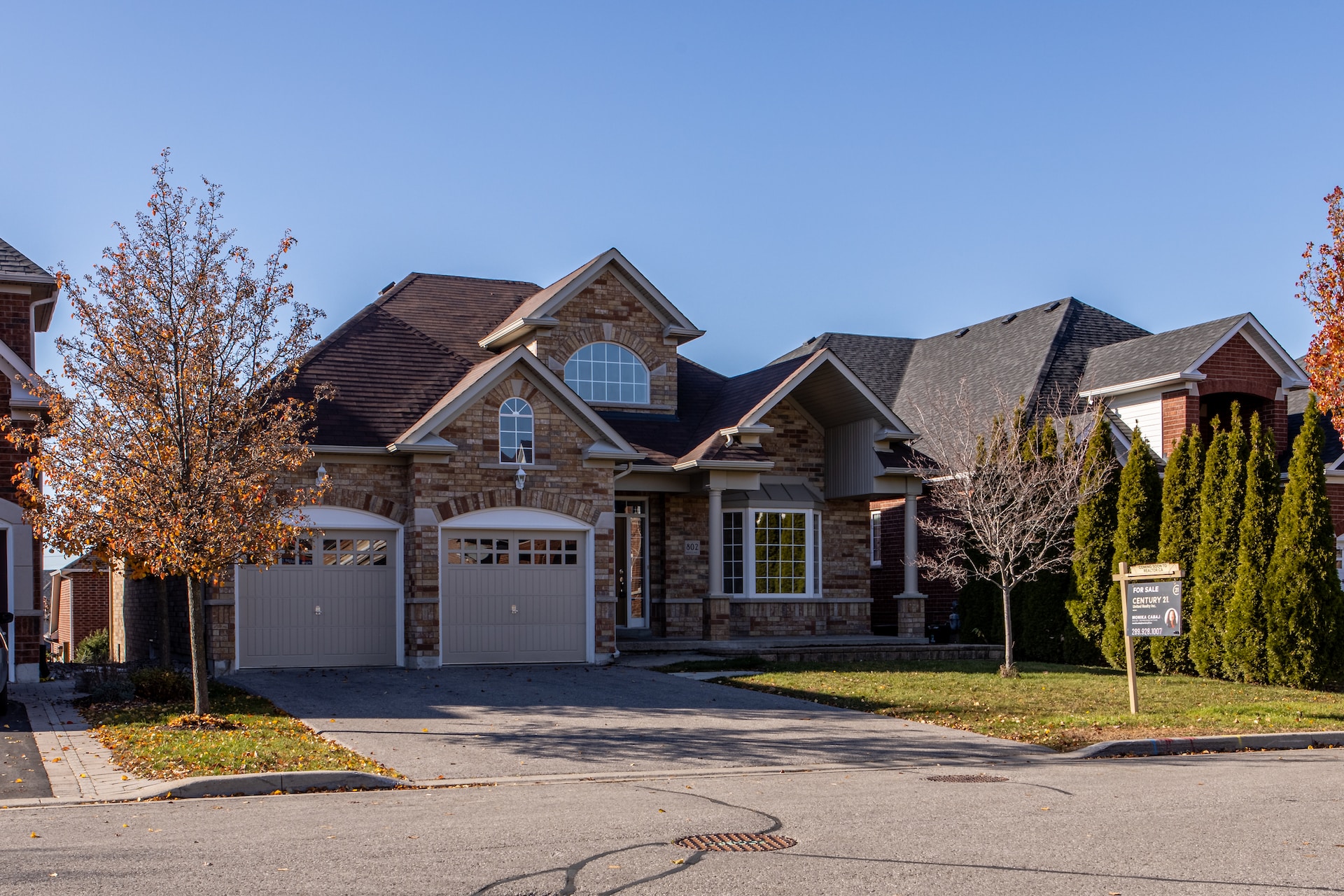
A reverse mortgage is a loan type that enables retired people above the age of 62 to borrow money in a non-traditional way. It is a flipped version of the traditional mortgage model where the borrower makes monthly payments. In this scheme, the borrower gets money from the lender against the property as collateral. This loan is unique as it gets paid only when the owner sells the home or no longer utilizes it as their first residence.
This type of loan can provide supplemental income for retirees, but it’s essential to scrutinize the possible benefits and risks before opting for this type of mortgage. You must have a full working knowledge of the working of the loan so that your retirement phase is worry-free. There are diverse sets of mortgages, some riskier than others and some more suitable for different stages of life. Let’s look at the most frequently asked question, how does a reverse mortgage work, in detail.
Eligibility:
To be eligible for this kind of mortgage, a person must be over 62 years old (or equal at the least), own their home outright or have a low mortgage balance, and live in this home primarily. According to the NRMLA, owners above 62 years of age account for $11.2 trillion worth of assets in the US alone. It makes for a profitable and sensible decision to get some money back on an otherwise tied investment without any feasible returns.
Loan Amount:
The loan’s value that the borrower can receive through a reverse mortgage depends on several factors, including the home’s net value, the age of the person borrowing, and the prevailing interest rates at the time of the loan. The amount you can take out as a loan is the net worth of your home minus any liabilities associated with the house. Generally, the older you get, there are more chances you can borrow more significant sums.
Repayment:
Under traditional mortgages, the borrower will make monthly payments to the lender at some interest rate levied. However, in a reverse mortgage scenario, the borrower gets an option on how to structure the repayments. For example, they can choose to receive the loan payments as a single lump sum amount, they could set up a line of credit, or furthermore, they could also set regular monthly or fixed-term payments.
Fees and Costs:
Reverse mortgages can have high fees and costs, including origination fees, mortgage insurance premiums, and closing costs. These fees can be financed into the loan, but they will reduce the money the borrower can receive. It will ultimately lower the value of the homeowner’s property and thus could affect their economic conditions later.
Risks Associated:
The reverse mortgage provides an income source for retirees, yet risks exist. For example, the loan can accrue interest and different fees by which the loan would only grow and cause one or two headaches for the borrower. The loan balance growth also means that the home has lost much of its value since the start of the loan period. Additionally, the loan may become due and payable if the borrower cannot maintain the property or pay property taxes and insurance.
Benefits of Reverse Mortgages:
- Provides supplemental income to old-age retirees when they need it the most.
- No Monthly Payments – meaning it is flexible, and you are in charge of the cash flows.
- Control Over Your Home – Retaining ownership is a big plus point as you continue to live in your home and maintain it as you see fit.
- Non-Recourse Loan –the borrower’s heirs will not be responsible for paying back more than the home’s value at the time of sale.
Drawbacks of Reverse Mortgages:
- High Fees and Closing Costs
- Interest and Fees can accumulate
- Limited Funds – a borrower cannot get a loan of 100% of the property value.
- Risk of Default – in cases where the borrower fails to maintain the property by paying taxes.
- Reduced Inheritance – Because the loan must be repaid when the borrower dies or sells the home, there may be less home equity to pass on to heirs.
It’s essential for borrowers to carefully consider both the potential benefits and risks of a reverse mortgage and to consult with a financial advisor or housing counselor before deciding. It may seem an excellent proposition, but knowledge about the working of reverse mortgages is a must before opting for one. It can save you from running your hard-earned equity upside down for immediate benefits.
